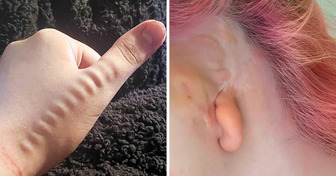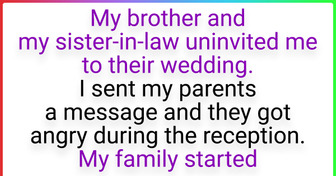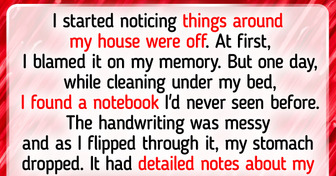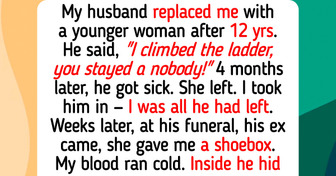12 People Who Are Still Haunted by Their Medical Visit

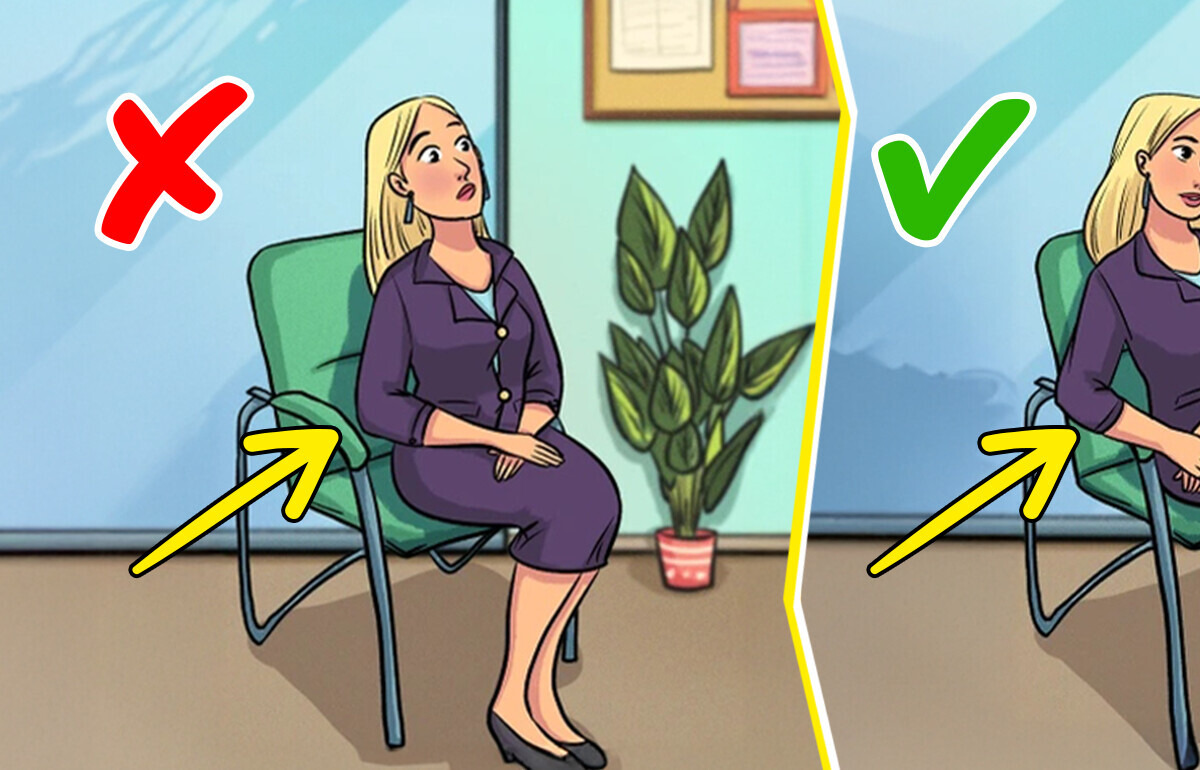
Landing a new job interview is an exciting yet nerve-wracking experience. While most people focus on the obvious aspects like dressing appropriately, researching the company, and rehearsing common questions, there are several lesser-known factors that can significantly impact your performance.
Many employers check candidates’ online presence before an interview. Ensure your social media profiles reflect professionalism and align with your resume. A LinkedIn profile with an updated photo and a polished summary can give you an edge. A simple Google search of your name can help you identify and clean up any content that might raise red flags.
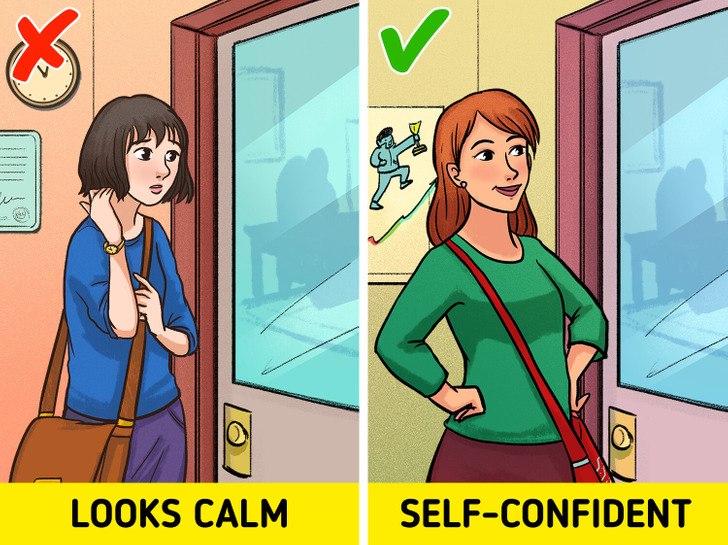
First impressions are crucial. From your greeting to your body language, the first few moments set the tone for the rest of the conversation. Be confident, make eye contact, and offer a firm handshake. A warm, genuine smile and a friendly yet professional demeanor can help you start on the right foot.
Interviews can be tiring, and a lack of enthusiasm can hurt your chances. Get a good night’s sleep, eat a healthy meal beforehand, and stay hydrated to ensure you remain alert and engaged. Avoid excessive caffeine, as it can make you jittery and anxious instead of energized.
Finding the right balance in communication is key. Avoid rambling, but don’t give one-word answers either. Aim for structured responses that provide insight into your skills and experiences. Practicing with a friend or mentor beforehand can help you refine your responses and improve your pacing.

Interviewers often throw in curveball questions to test your problem-solving skills and composure. Instead of panicking, take a moment to think, structure your response logically, and answer confidently. If needed, ask for clarification or buy yourself time by saying, “That’s a great question! Let me think about that for a moment.”

Non-verbal cues speak volumes. Sitting up straight, maintaining eye contact, and avoiding fidgeting can show confidence and attentiveness, making a positive impression. Mirroring the interviewer’s body language subtly can also create a sense of rapport and connection.
Active listening is just as important as speaking. Nodding, making eye contact, and responding thoughtfully to questions demonstrate your engagement and interest in the role. Taking brief mental notes or jotting down key points can help you provide more relevant and meaningful responses.
Avoid using filler words like “um” and “like” too frequently. Also, be mindful of negative phrasing. Instead of saying, “I don’t have experience in that,” try, “I’m eager to learn more about that area.” Speaking clearly and concisely helps convey confidence and competence.
Many candidates underestimate the power of a follow-up email. Sending a short thank-you note within 24 hours expressing gratitude for the opportunity and reiterating your interest can leave a lasting impression. Mentioning a specific topic discussed in the interview can personalize your message and make it more memorable.
While it’s important to present your best self, don’t try to be someone you’re not. Authenticity is key—employers appreciate candidates who are genuine and passionate about the opportunity. Being honest about your strengths and areas for growth demonstrates self-awareness and a willingness to improve.
Your first interview is a learning experience. By paying attention to these lesser-known factors, you can significantly improve your chances of making a lasting impression and securing the job. Stay confident, be prepared, and most importantly, be yourself!

